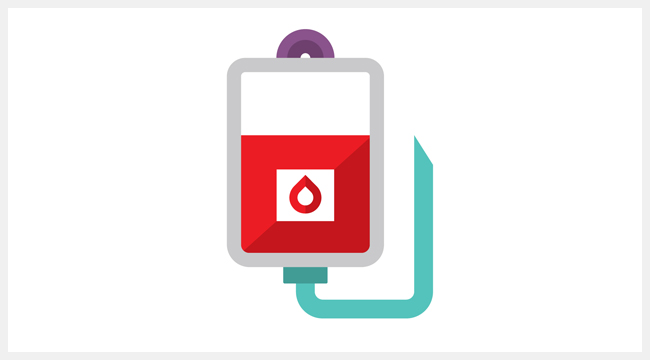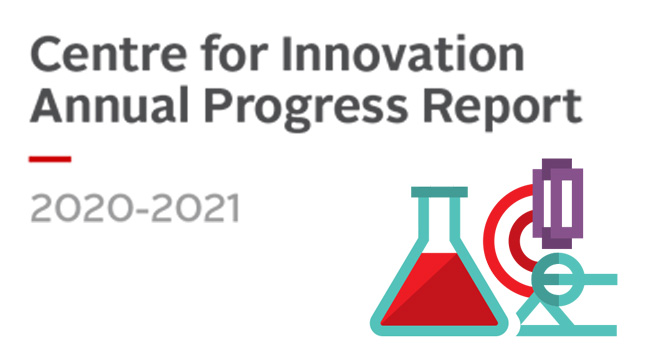Research.Education.Discovery Blog
The Research.Education.Discovery blog showcases Canadian Blood Services’ work and explains the basic science behind what we do. We invite readers to explore the worlds of transfusion and transplantation science and learn more about how our research leads to improvements in everyday practices and ultimately – and most importantly – better outcomes for patients.
These R.E.D. blog posts are republished from Canadian Blood Services’ main website. See all blogs at blood.ca/RED.
Red cell antigen genotyping
Red cell antigen genotyping is a type of genetic testing offered through Canadian Blood Services at the National Immunohematology Reference Laboratory (NIRL). Available
For some patients who experience blood loss, transfusion with a blood product called albumin is often used to help restore their blood volume. However, albumin may not always be beneficial to the
A significant step
In December 2021, Canadian Blood Services made a submission to Health Canada to focus donor screening criteria on higher-risk sexual behaviour, regardless of gender or sexuality
As we begin a new year, look back with us at the top five blogs of 2021. Unsurprisingly, our readers were most interested in information about the COVID-19 pandemic.
1. Why getting a COVID-19
Hosted by the Centre for Blood Research (CBR), the 15th Earl W. Davie Symposium in early November 2021 was the first in-person professional event I have attended since late 2019. Arriving that morning
During November’s Honouring Canada’s Lifeline award ceremony, three distinguished Canadian researchers were recognized with Lifetime Achievement Awards. Each a world-leading expert with numerous
Rising to the challenge
For Canadian Blood Services and its research and education network, the last fiscal year (April 2020 to March 2021) was marked by the continuing challenges of the COVID-19
We’re excited to launch a brand-new look for the Professional Education website, Canadian Blood Services’ resource hub for health-care professionals working in transfusion medicine or as part of the
Canadian Blood Services chief scientist inaugurated as AABB President, recognized for her leadership
Dr. Dana Devine inaugurated as AABB President
Congratulations to Dr. Dana Devine, Canadian Blood Services’ chief scientist, who was recently inaugurated as president of the Association for the








